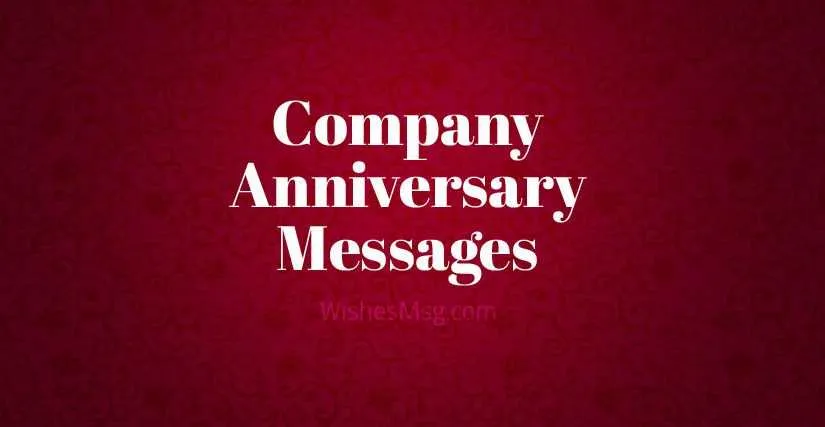How to Craft a Meaningful Thank You Message for Your Work Anniversary

When celebrating a working anniversary, it’s important to express your gratitude in a genuine and meaningful way. A well-crafted thank you message can show your appreciation for the individual’s dedication and hard work. Whether you’re recognizing a milestone year or just acknowledging their continuous contributions, a thoughtful message strengthens workplace relationships and boosts morale.
Focus on specifics. Mention key achievements or projects they’ve worked on, highlighting their role in the team’s success. Instead of a generic “thank you,” make it personal by referencing moments that stand out during their time with the company. This lets the recipient know that their efforts are not only noticed but valued.
Keep the tone warm and sincere. A working anniversary is a time to celebrate the individual, so make sure the message feels personal. A few heartfelt words can leave a lasting impression and make the individual feel appreciated for their unique contributions. Avoid overly formal language, as a more conversational tone often feels more genuine.
Remember to keep it brief yet meaningful. A short and impactful message will be much more effective than a long one that risks losing focus. Take a moment to reflect on what makes this person’s work and attitude so valuable to the team, and let them know you recognize and appreciate those qualities.
How to Craft a Personal and Meaningful Working Anniversary Thank You Note
To make your thank you message stand out, personalize it with specific details that reflect the person’s unique contributions. Acknowledge their accomplishments or how their work has impacted the team or company. Instead of generic phrases, mention particular projects or challenges they’ve handled well. This shows you recognize their effort and value.
Be genuine and concise. Keep the tone warm and appreciative without overdoing it. Thank them for their dedication and reliability. Acknowledge the consistency they bring to their role, whether through problem-solving, leadership, or collaboration.
Include a personal touch by referencing a memorable moment shared during the year, whether a successful team outing, a milestone achieved, or simply a time when they helped others. This helps make the note more personal and memorable.
Close the note by expressing excitement about future collaboration. Acknowledge their potential for continued growth and your eagerness to work together in the years ahead. This adds a forward-looking element to the message, emphasizing both appreciation and anticipation.
Best Practices for Timing and Delivery of Your Working Anniversary Thank You
Send your message on the actual anniversary date. A timely acknowledgment shows attentiveness and appreciation. If you’re unsure of the exact day, aim for the week of the anniversary to stay relevant without missing the occasion.
Choose a format that matches the recipient’s preferences. Some may prefer a handwritten note, while others might appreciate a more casual email or a message through a professional platform like LinkedIn. Tailor your delivery method based on your relationship and the company culture.
Keep the message personal and specific. Highlight the individual’s unique contributions and how their work has positively impacted the team. A generic thank you may come off as insincere, so make sure to mention specific achievements or moments you’ve shared together.
Consider the tone. For formal work environments, maintain professionalism, but feel free to adopt a warmer, friendlier tone in more casual settings. The key is to match the level of formality with your workplace dynamics.
If the anniversary is a significant milestone, like a 5-year or 10-year mark, consider offering a small token of appreciation in addition to the message. A gift or recognition can make the gesture feel even more meaningful.
Timing is not just about the day but also the moment within the day. Send your message during working hours when the recipient is most likely to see and appreciate it, avoiding late-night or weekend emails unless your company culture encourages it.